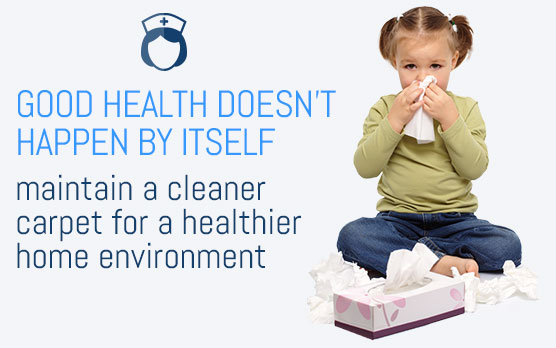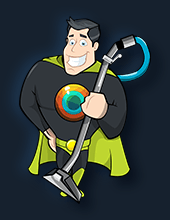Imagine how the world has become vulnerable to the novel COVID-19. With all the deaths and economic destruction that we are facing, every little step to cushion us will come in handy. Interestingly, maintaining hygiene has become a suitable way of keeping the virus at bay.
In light of hygiene, it will be essential for you to consider both sanitizing and disinfection. Opting for sanitizing services has become valuable too. But the big question is, how much do you know about these? To that end, we explore every critical aspect that you should know.
First let us mention that our sanitizing and disinfecting service is right for when you need to make sure that your home or office is disinfected. This is usually taking care of several rooms or work areas in one session, so you can be confident that the whole area has been taken care of. It is not for day-to-day or hour to hour disinfecting that might be required for things that are often touched, like door knobs, light switches etc.
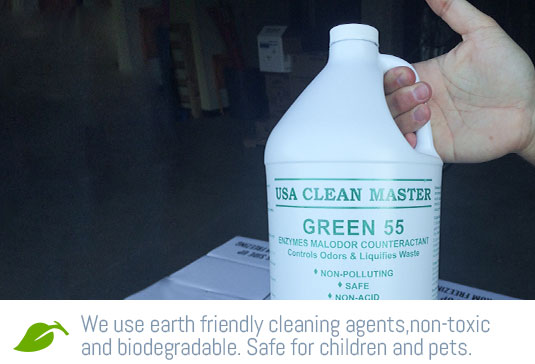
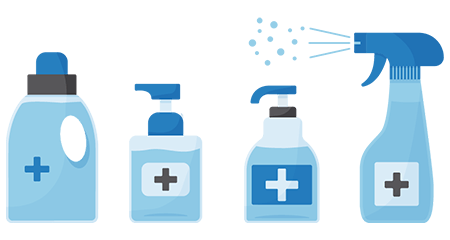
Sanitizing aims at reducing contamination and the occurrence as well as the growth of bacteria and viruses. It plays a critical role in ensuring that bacteria, viruses, and fungi hardly thrive on such surfaces. In most cases, you sanitize surfaces that come in contact with food. You will consider sanitizing your surfaces if you want to avoid contamination or infection.
Disinfecting kills various microscopic organisms found on surfaces. For this reason, you will need a much stronger solution during this process. It comes in handy in cleansing high-touch surfaces like doorknobs. For instance, if you have someone with flu, Coronavirus or another illness within the house, you will need to disinfect on a regular basis.
Additionally, you will spend a relatively shorter time when sanitizing, unlike during disinfection. Disinfection usually involves dwell time, where the disinfectanct solution must be wet on the surface for a period of time to work. It can take up to 10 minutes to kill germs this way, but the success rate for these products can be over 99%.
Ideally, both sanitizers and disinfectants seek to ensure that your body or surfaces at home do not harbor any microbes. By eliminating or reducing their chances of survival, you will be confident of being much healthier in the long run.
However, it is fair to mention that not all of them are absolutely safe. In this light, you will need to be relatively careful when selecting disinfectant solutions. If you are unsure what will work best, our professional disinfecting team is happy to take care of your property for you, with no damage to any materials of surfaces.
On top of that, you should be sure of the manufacturer's credentials. Confirming their contacts will also be helpful.
Also, most safe, non-toxic disinfectants are registered by the EPA. Check this before purchasing. The EPA registration number should be printed directly on the label.
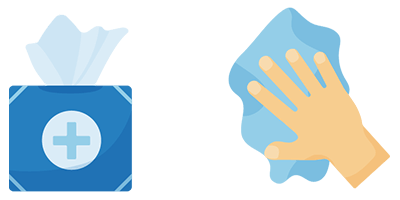
In the recent past, the World Health Organization has indicated the value of keeping your surfaces clean. Let's reflect on how COVID-19 spreads. Usually, coughing or sneezing will result in respiratory droplets, which spread the virus. This virus could stay on a surface for a relatively long time, perhaps three days or even longer. If you touch contaminated surfaces and transfer the virus to yourself by touching your face, you run the risk of getting the infection.
Well, considering that we do not know when a surface will get contaminated, it is right to be proactive. Do not shy away from cleaning high-touch surfaces every day, or even many times a day. Indeed, we can not rule out that contamination in your immediate surroundings could lead to your contracting the virus. In this light, the frequency of disinfecting and sanitizing will also depend on what is happening in your environment, if you are in the high-risk category for COVID-19, how many people live with you in one house, etc.
More than often, experts will recommend that you clean your surfaces before sanitizing or disinfecting. You can ask why it's so important. The answer is simple. Cleaning plays a critical role in removing any debris, grease, and any other dirt. Unless you remove all these, disinfecting will be ineffective, as the disinfectant can not make contact with the entire surface to be disinfected.
You should know that cleaning alone will remove some of the germs, but it does not eliminate them. Instead, it will ensure that no germ or microbe hides under a dirty spill; this exposes the pathogens to the effects and effectiveness of disinfection.
Sometimes, all you will need is household items to help in disinfecting surfaces. Bleach is one such item that could come in handy for you. According to the CDC, it has come out as one of the most reliable ways of disinfecting. However, bleach is not appropriate for all types of surfaces and could even damage them, so use this only if you are sure that it will not damage the material you are trying to disinfect.
Its efficacy could last for as long as 24 hours. For this reason, you will be free to clean your home at least once a day.
How long does bleach take to disinfect? Just leave the solution on the surface for at least 1 minute. Also, you should know the ratio of bleach to water. The CDC recommends using 5 tbsp bleach per gallon of water or 4 tsp bleach per quart of water.
You must have heard that most sanitizers and disinfectants feature 70% alcohol, which is a pretty high percentage. Well, this shows that alcohol is not only useful in killing pathogens but also a reliable disinfectant. In most cases, alcohol will kill germs within 10 to 30 seconds after contact.
As with bleach, alcohol is not appropriate for all surfaces. Be careful with furniture disinfecting. Alcohol could damage upholstery fibers.
We recommend using 70% alcohol to disinfect mouse, keyboard, phone, sinks and chrome-plated items. You should never dilute rubbing alcohol as less than 70% may be ineffective in disinfecting.
You are not the first to appreciate vinegar as a disinfectant. However, can you be confident in its effectiveness? Well, vinegar is not the most effective disinfectant at your disposal. It will not be effective in killing viruses, including flu and COVID-19. However, it comes with acetic acid that could kill various types of food-borne pathogenic bacteria. But, in general, even regular soap and water are more effective disinfectants than vinegar! Of course, for complete confidence, look only to EPA-registered disinfectants that are likely to be most effective for the purpose.
You can hardly ignore the role of hydrogen peroxide in disinfecting surfaces. It has proven to be not only practical but also relatively accessible. While it might not be as strong as bleach, it will still serve you right. However, you will witness that it tends to damage some surfaces. For this reason, ensure that you only choose it if your floors can sustain it.
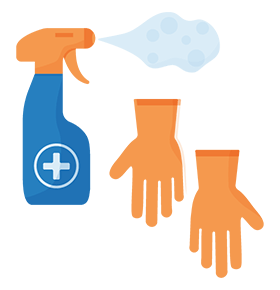
Well, ammonia is not acknowledged as an effective disinfectant. While it could come in handy in eliminating some microbes, it will hardly kill bacteria and viruses. In this light, do not rely on it as a disinfectant.
You will witness that most people believe that disinfecting is more important than cleaning, which is wrong. Unless you embrace the right sanitation and hygiene practices, disinfection will not be sufficient.
Additionally, it is wrong to assume that bleach is the ultimate disinfectant. Usually, you will need to pre-clean your surface before using this product. It is only through this that you will be confident of the best results.
To sum up, embracing regular disinfection and sanitation practices will always help fight germs and viruses. Especially if you are concerned about contaminated surfaces due to COVID-19, professional disinfecting services will ensure that any traces of viruses are killed, so your home or business will be safe again for your family or employees. As we look forward to defeating the novel Coronavirus, be on the frontline of maintaining hygiene. Give USA Clean Master a call today to find out how our sanitizing and disinfecting service applies to your property.
